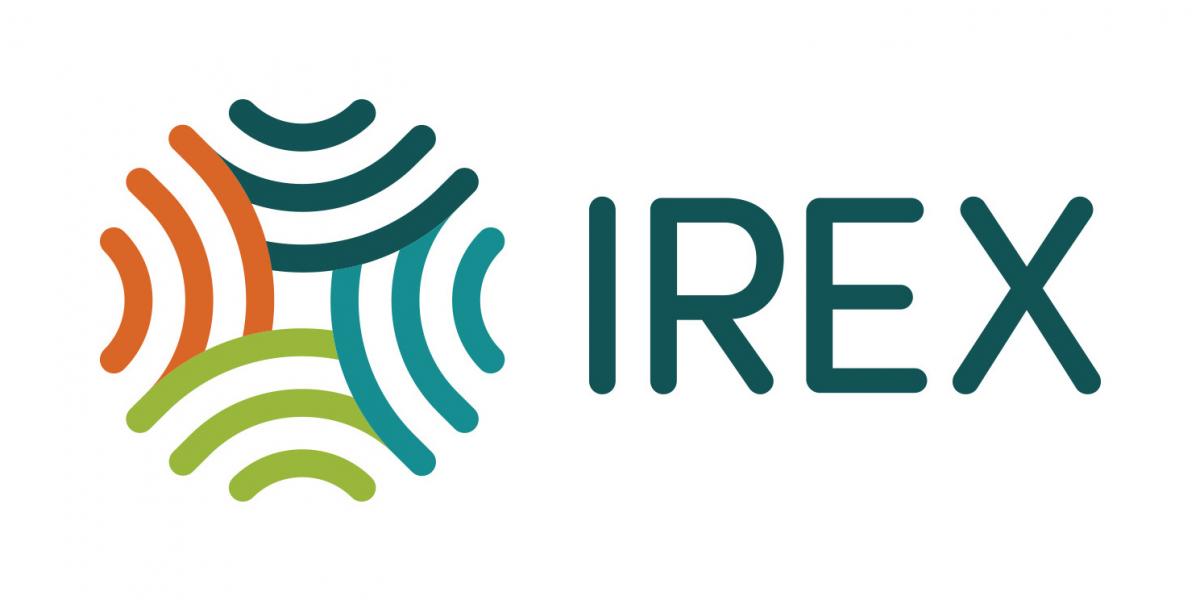

Скоріше за все, ця вакансія закрита, бо вже зробила чиїсь понеділки щасливими.
Але не засмучуйтесь — у нас є що вам запропонувати!
Подивіться інші відкриті можливості на сайті.
The purpose of the evaluation is to look at the project’s performance and achievements, to identify best practices and aspects that could be improved in similar projects currently implemented by IOM, as well as lessons learned to be taking into consideration during the designing and implementation of the projects aimed at provision of livelihood opportunities. IOM senior management and IOM project, procurement and finance teams in the Mission will use the evaluation to better understand the effectiveness, efficiency and relevance of the project, along with impact on beneficiaries and sustainability prospects, and help develop interventions for providing further necessary assistance for IDPs and other conflict affected population. Moreover, the findings of the evaluation will be shared with the donor, Government of Germany, to assess value for money for the funded activities.
The final evaluation will cover the period of 22 December 2018 – 21 June 2020. The interviews with the project implementer (IOM), project partners (Ministry of Internal Affairs, Ministry of Social Policy, Ministry of Veterans Affairs), beneficiaries (veterans of conflict in eastern Ukraine, IDPs, host community members) and stakeholders (government agencies, local communities and institutions) will take place in Kyiv, Lviv, and Dnipropetrovsk regions.
Evaluation criteria
The evaluation will use the following main OECD-DAC criteria: relevance, effectiveness, efficiency, impact, coherence and sustainability. In addition, this evaluation will consider cross-cutting issues of gender and human rights. All listed criteria are equally relevant and important within final evaluation of the project implementation. The list of questions is included below:
Relevance:
Effectiveness:
Efficiency:
Impact:
Coherence:
Sustainability:
Cross-cutting issues of gender and human rights:
The final evaluation should be conducted in line with IOM standard M&E methodology and procedures as outlined in the IOM Project Handbook, consisting of three main stages:
The evaluation must be conducted considering IOM Data Protection Principles, United Nations Evaluation Group (UNEG) norms and standards for evaluation and other relevant ethical guidelines for conducting evaluations (UNEG).
1) Inception report with an evaluation matrix and a draft interview guide, along with any other needed data collection tools, to describe the evaluator’s understanding of the TOR and how he/she will conduct the evaluation used including any revisions to the methodology. This should be submitted to the Project Manager, for comments and discussion, to finalize plans prior to the field visit;
2) Presentation of preliminary findings and discussion of these with the project team, draft evaluation report to be shared for Project Manager’s feedback;
3) Once comments received are addressed, the final evaluation report that includes an executive summary, list of acronyms, introduction, evaluation context and purpose, evaluation framework and methodology, findings, conclusions, and recommendations should be submitted to IOM. The length of the final evaluation report should be 20-30 pages excluding annexes; and
4) Together with the final evaluation report a two-page Evaluation Brief with key findings, conclusions and recommendations should be provided. IOM will provide a template as guidance, which can be adapted by the evaluator, but which should be no longer than two pages. Page one should include: Identification of audience at start of the brief; Project information (project title, countries covered, project type and code, project duration, project period, donor(s), and budget); Evaluation background (purpose, team, timeframe, type of evaluation, and methodology); Brief description of the project. Page two should summarize the evaluation results: Key findings and/or conclusions, best practices and lessons learned (optional), and key recommendations.
All deliverables are to be written in English and meet good language standards. The final report should meet the standards laid out in the UNEG Quality Checklist for Evaluation Reports.
[1] In case restrictions will be lifted, the site visits might be conducted.
For more information on the requirements, please visit our website: http://iom.org.ua/en/vacancies
Call for consultants
The external evaluator should meet the following requirements:
Interested external evaluators are invited to submit the following application materials, referring to this advertisement in the subject line of your message:
Any questions should be addressed to the e-mail mentioned above.
The deadline for applications is May 11, 2020.

Established in 1951, IOM is the leading inter-governmental organization in the field of migration and works closely with governmental, intergovernmental and non-governmental partners. IOM is dedicated to promoting humane and orderly migration for the benefit of all. It does so by providing services and advice to governments and migrants.
Ви представник компанії? Дізнайтесь, як створити повний профіль
